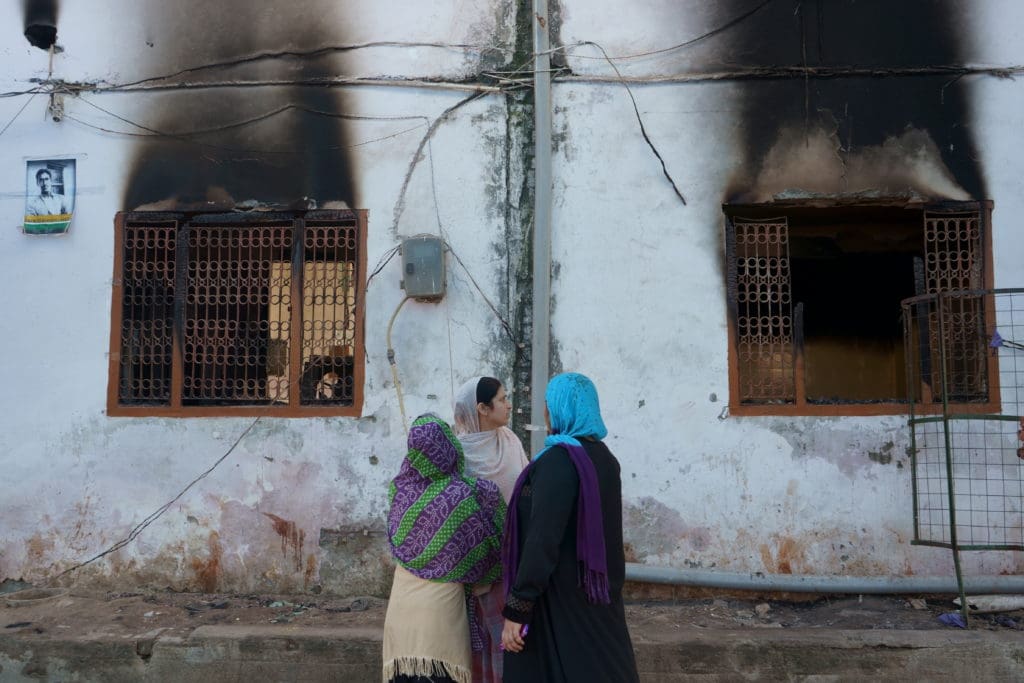
India’s decision to allow voting rights to any Indian citizen living temporarily in Indian-administered Kashmir has again ignited anger and fears of yet another attempt by the Hindu nationalist government to change the demography of its only Muslim-majority region.
The move, announced on Wednesday by the federally controlled territory’s top electoral officer, is expected to add about 2.5 million more voters on top of the 7.6 million existing voters – a whopping 30 percent increase.
The new voters would include Indians temporarily residing in the region, mainly Indian military personnel, government and private sector employees, and migrant workers.
“All those not enlisted as voters earlier are eligible to vote after the abrogation of Article 370,” Hirdesh Kumar said, adding that the provisions of the Representation of the People Act – the law that deals with the conduct of elections in India – also applies to the region.
Until August 2019, voting rights in Indian-administered Kashmir were restricted to its permanent residents only, guaranteed under Article 370 of the Indian constitution that gave the disputed region – also claimed by neighbouring Pakistan – limited autonomy. The law forbid Indians from outside the region from permanently settling, buying land and holding local government jobs.
On August 5 that year, Prime Minister Narendra Modi’s government, two months after having won a landslide re-election, unilaterally stripped the region of its special status by abrogating the decades-old law and dividing the region into two federally controlled territories: Jammu and Kashmir, and Ladakh.
This story was originally published in aljazeera.com . Read the full story here





